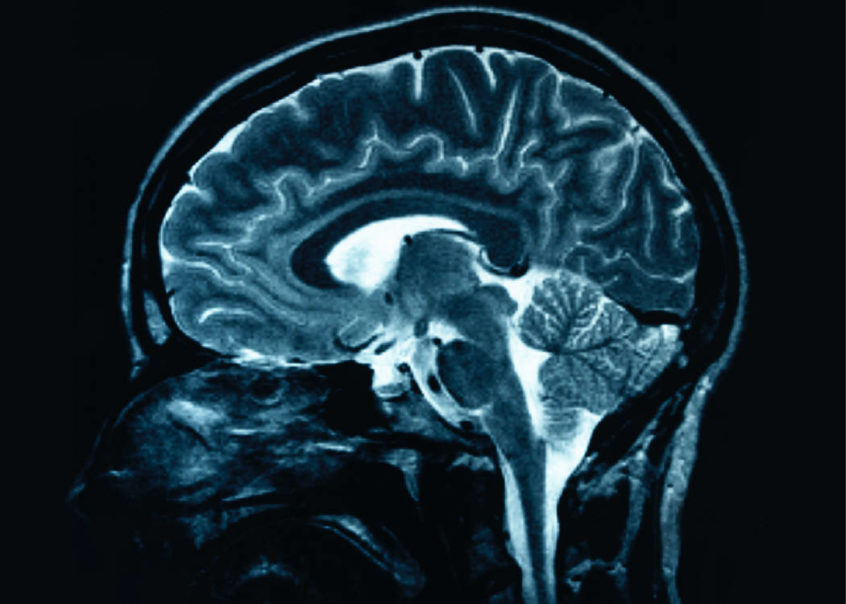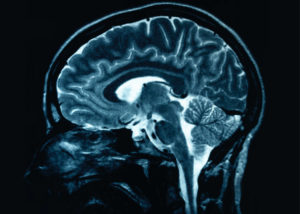The brain’s wiring makes us emotional creatures. Our first reaction to any event is always emotional. We have no control over this part of the process. We can, however, control the thoughts that follow an emotion, how we react, and what we say and do.
Your reactions are shaped by your personal history, which includes your experiences in similar situations and your personality style. When you develop your emotional intelligence, you’ll learn to spot emotional triggers and practice productive responses.
EI is your ability to recognize and understand emotions in yourself and others, and your ability to use this awareness to manage your behavior and relationships. It affects how you manage behavior, navigate social complexities and make personal decisions that achieve positive results.
EI is composed of four core skills that are paired under two primary competencies: personal and social.
| Emotional Intelligence | What I See | What I Do |
| Personal Competence | Self-awareness | Self-management |
| Social Competence | Social Awareness | Relationship Management |
Personal competence includes self-awareness and self-management skills that focus on your interactions with other people.
- Self-Awareness is your ability to perceive your emotions accurately and be aware of them as they happen.
- Self-Management is your ability to use awareness of your emotions to be flexible and positively direct your behavior.
- Social competence is your ability to understand other people’s moods, behavior and motives to improve the quality of your relationships.
- Social Awareness is your ability to accurately pick up on other people’s emotions and understand what’s really going on.
- Relationship Management is your ability to use awareness of your and others’ emotions to manage interactions successfully.
Emotional Intelligence, IQ and Personality Are Different
Emotional intelligence taps into a fundamental element of human behavior that is distinct from your intellect. There is no connection between IQ and emotional intelligence. Intelligence is your ability to learn, as well as retrieve and apply knowledge.
Emotional intelligence is a flexible set of skills that can be acquired and improved with practice. While some people are naturally more emotionally intelligent than others, you can develop high emotional intelligence even if you aren’t born with it.
Personality is the stable “style” that defines each of us. It’s the result of hard-wired preferences, such as the inclination toward introversion or extroversion. IQ, emotional intelligence and personality each cover unique ground and help explain what makes us tick.


